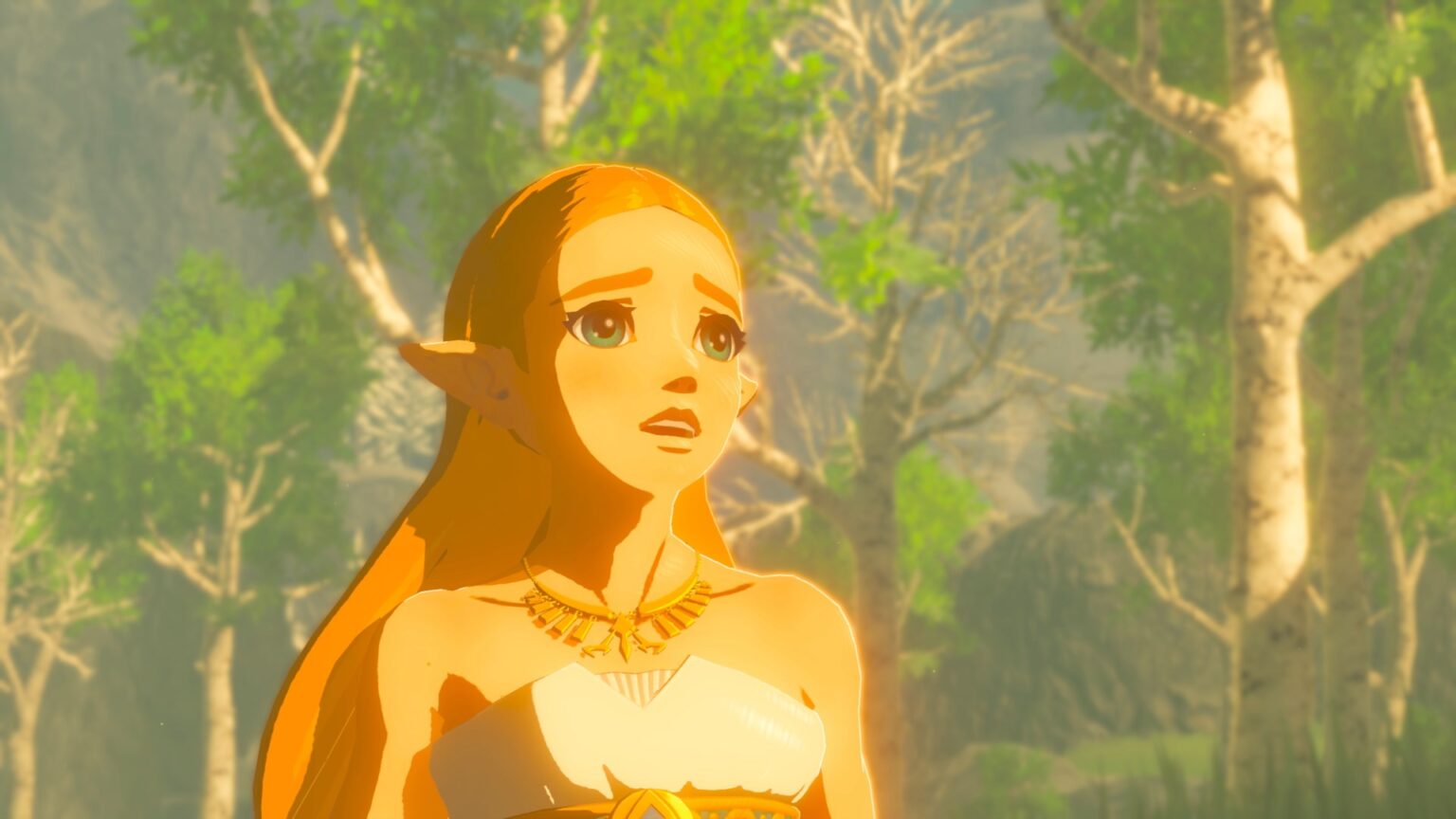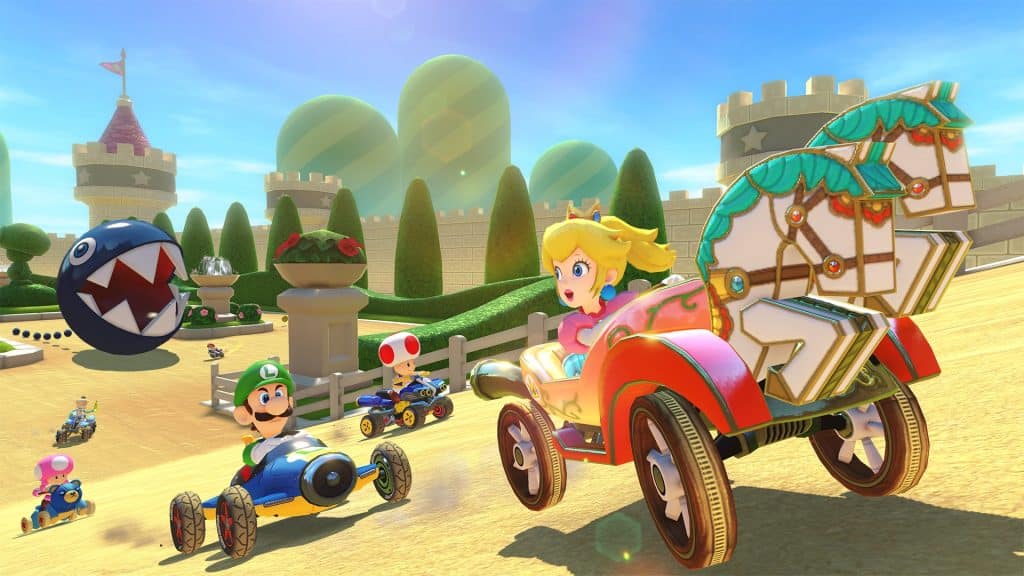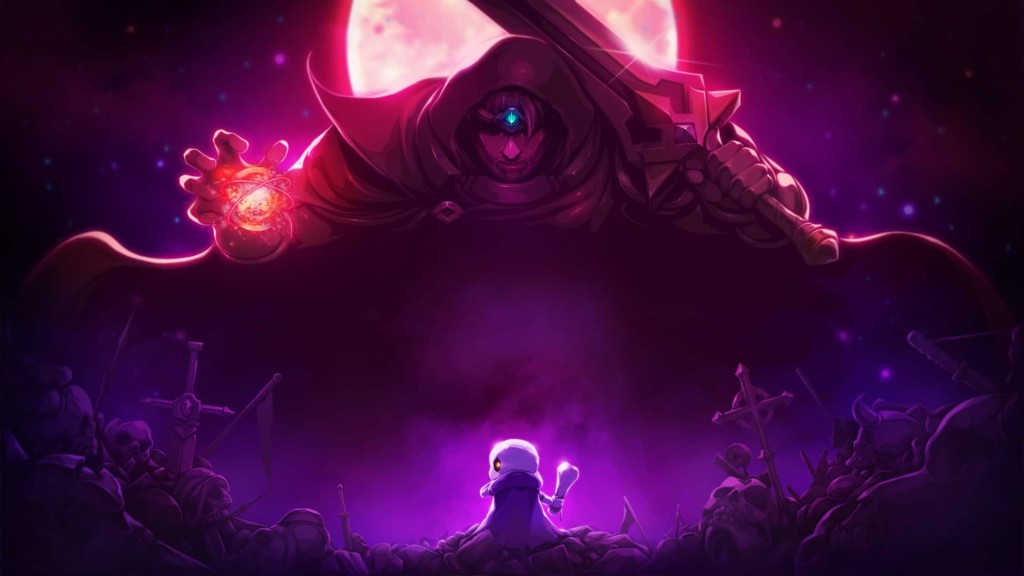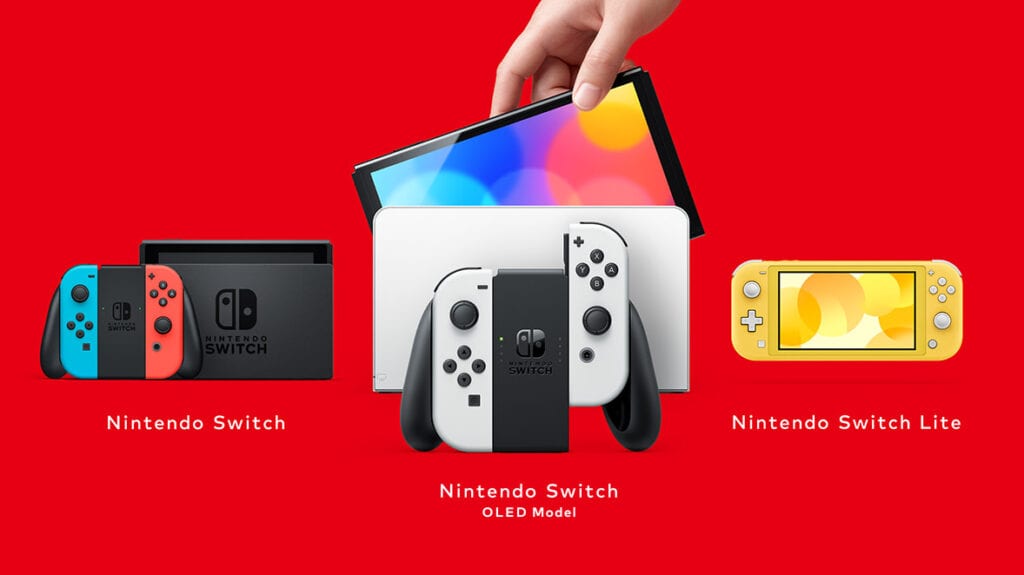This just came in, I went out a few days from the internet world since my wife just recently gave birth on Sunday. Now, the fiasco all over the interwebs is spotlighting on Jim Sterling’s review of The Legend of Zelda: Breath of the Wild with a solid score of 7 out of 10. I am honestly surprised, and wanted to read it on Sunday but his website was down for a decent amount of time.
Out of curiosity, especially that Breath is considered to be the “greatest game” and “greatest Zelda title” of all time — which it still is, I visited The Jimquisition earlier today to finally read the review. It’s a fairly long piece to justify the points why Breath didn’t appeal to Jim as a perfect 10 but as a solid score of 7. There were points that he found ludicrous and dragging like the game’s weapon durability, the dungeons, and weather system. Other than that, he also cited some issues in the technical side of the game especially when it freezes spot on when he was playing, and also frame-drops were present.
These issues affect our opinion about the game, there are critics who say that the flaws wouldn’t change the number we have already in mind, but others put that score the way it is based on the description of their Score Guideline. In my interview with Jim Sterling in the past few weeks, I asked what’s a perfect game for him, and he answered:
“Perfect” isn’t a term I’m fond of, but if we look at a game I recently gave a 10/10 score to, Nioh, I think it bears all the hallmarks. Fantastic structure and pacing in the game’s direction, inventive map design, gameplay that’s finely tuned and doesn’t try to do too many things at once – it provides variety and hones what it has without getting overly bogged down in extra mechanics and ideas.
This answer very much coincides with his points of Breath of the Wild. The game had a lot of extra mechanics that set it back — the points he mentioned in his review if you “did” actually read the whole thing. Horizon didn’t add exta mechanics to pull it down, that’s why it got a score of 9.5 from Jim.
It’s not wrong to point those errors out. Jim Sterling even got a lot of negative feedback from people who loved Final Fantasy XIII (which he gave a 4/10) but that didn’t stop him for being honest and aggressive when doing his reviews.
Reviews are highly subjective, and that varies a lot. There are critics who have high standards when it comes to giving a number on that title. And that one perfect example is Jim Sterling. He doesn’t sugarcoat any reviews he has, and he’s very much detailed in every aspect of his reviews to justify why he gave that score. His video regarding about Nintendo doesn’t even influence his thoughts about Breath. You can agree with us critics or not, it’s your choice, and that opinion varies — all we have to do is to respect each other for our opinions. You may not agree, but some others will.
The problem in today’s generation is how all of us perceive and understand the scores. A seven (7) is definitely NOT a bad number. I repeat, NOT A BAD NUMBER. Hell, it’s even described as “Good” or “Decent”, and it doesn’t make a game horrible like the ones that had a 5 or even below that. And I have to be really honest, I find people who think 7 is a horrible score are just utterly stupid and have a low level of common sense. I’m not trying to be offensive, but that’s how the world really is today.
A score scale of 1 to 6 is already mediocre, and 7 to 10 is a good one. Some people already think that a 97 score (from the 98 score that Breath had) in Metacritic is already killing the game’s sales and reputation, and I’m like “seriously what the eff?”. Jim’s definition of 7 (Good) is:
A 7 represents a favorable slice of entertainment that ought to prove welcome in the right house. Not the most glamorous, polished, or jawdropping, but most definitely good for a chuckle or two.”
It’s a huge score! It’s a great score! And I don’t understand the mentality of one (1) point deducted from Metacritic is already a huge difference (unless if it’s 90 to 89, but 98 to 97, really?) — and I’m honestly not going to want to understand why because I know the answers will be idiotic.
All that we ever have to do as gamers and consumers is to be adults, avoid being butthurt, overly emotional, and to be more informed. A score is just a small portion of the review, and it gives a slight “preview” of what the game is. The content of the review is the main thing, not the score. But you never, I repeat NEVER, just base your thoughts on the critics score. You have to read everything to know why, and it will give you a lot of sense and understanding why that critic gave it that score. And if you’re not satisfied with what you’ve discovered, then hop on to different websites to know what the other critics have to say — but then again, you don’t just look at the score and final conclusion paragraph to understand the whole opinion of a critic.
[This opinion piece reflects the views of the author and not Sirus Gaming as a whole.]








